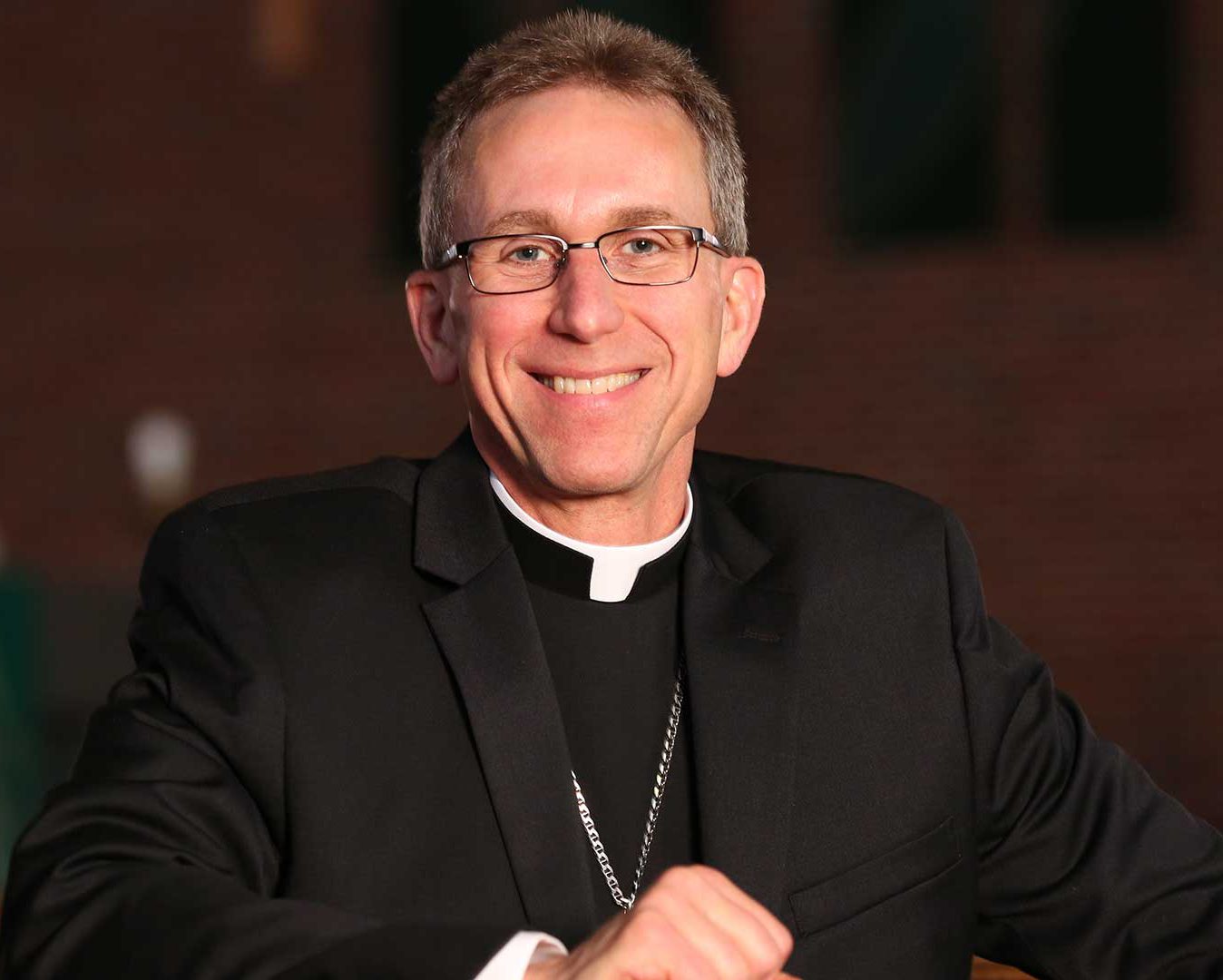
I recall very clearly the day when my spiritual director said to me, “I think you are spiritually lazy.”
I was confused, saddened and hurt. I thought, “He doesn’t understand me because I am trying so hard.” But through prayer, God was able to reveal to me the truth that I was lukewarm at times in my response to God, which is an affliction many people deal with today.
It is a common tactic of the devil to entice us to be spiritually lukewarm, lazy, indifferent or complacent. In our beloved Catholic tradition, it is identified as one of the seven capital sins, in this case acedia, commonly called sloth. Spiritual sloth keeps us from being in love with God and living as Lifelong Catholic Missionary Disciples Through His Love.
In his book “Faith, Hope and Love,” Josef Pieper explains that in the classical theology of the Catholic Church, “Acedia is a kind of sadness, more specifically, a sadness in view of the divine good in man. This sadness because of the God-given ennobling of human nature causes inactivity, depression, discouragement (thus the element of actual ‘sloth’ is secondary).”
He goes on to explain the antidote to sloth is “not industry and diligence but magnanimity and that joy which is a fruit of the supernatural love of God. Not only can acedia and ordinary diligence exist very well together; it is even true that the senselessly exaggerated workaholism of our age is directly traceable to acedia.”
Being too busy with too many things, even if good, can dispose one to sloth in spiritual matters. If we are too busy to go to Mass each Sunday, pray every day, read the Scriptures, manifest charity toward others and be intentional about building Christian fellowship with others, we are likely to fall into the trap of spiritual sloth. Josef Pieper captures St. Thomas Aquinas’ insight that “acedia is a sin against the third of the Ten Commandments, by which man is enjoined to ‘rest his spirit in God.’” In other words, if we want to love God, we need to stop making excuses for not actively participating in weekly Sunday Mass, rest and acts of charity on Sundays so we can “rest our spirit in God” which he desires for us.
Francis Carvajal, in his book “Lukewarmness: the Devil in Disguise,” says, “As a rule, Christians should be happy with an interior joy. They are not accustomed to unhappiness, pessimism, and sadness. These sentiments are seen as illnesses requiring attention. Despair and sadness are oftentimes symptoms of an excessive concern for ourselves and worldly things. Egoism always leads to a loss of hope and an increase of sadness and anxiety. The real foundation of joy and the Christian vocation itself lies in putting Christ above all things and the self in second place.”
As we journey through our Advent season and intentionally prepare for the coming of Christ at Christmas, I encourage us to look honestly at our relationship with God and ask these questions: Is God number one in my life by the way I live my life? Are there indications of spiritual lukewarmness, sloth or laziness that should be overcome through God’s love, which calls, empowers and enables us to do great spiritual things? Am I answering that call by living the virtue of magnanimity as a Lifelong Catholic Missionary Disciple Through God’s Love? Magnanimous hearts and wills through God’s grace and our “yes” will unleash the Holy Spirit in our diocese and set us ablaze with his fire for the renewal of souls and our beloved diocese.

